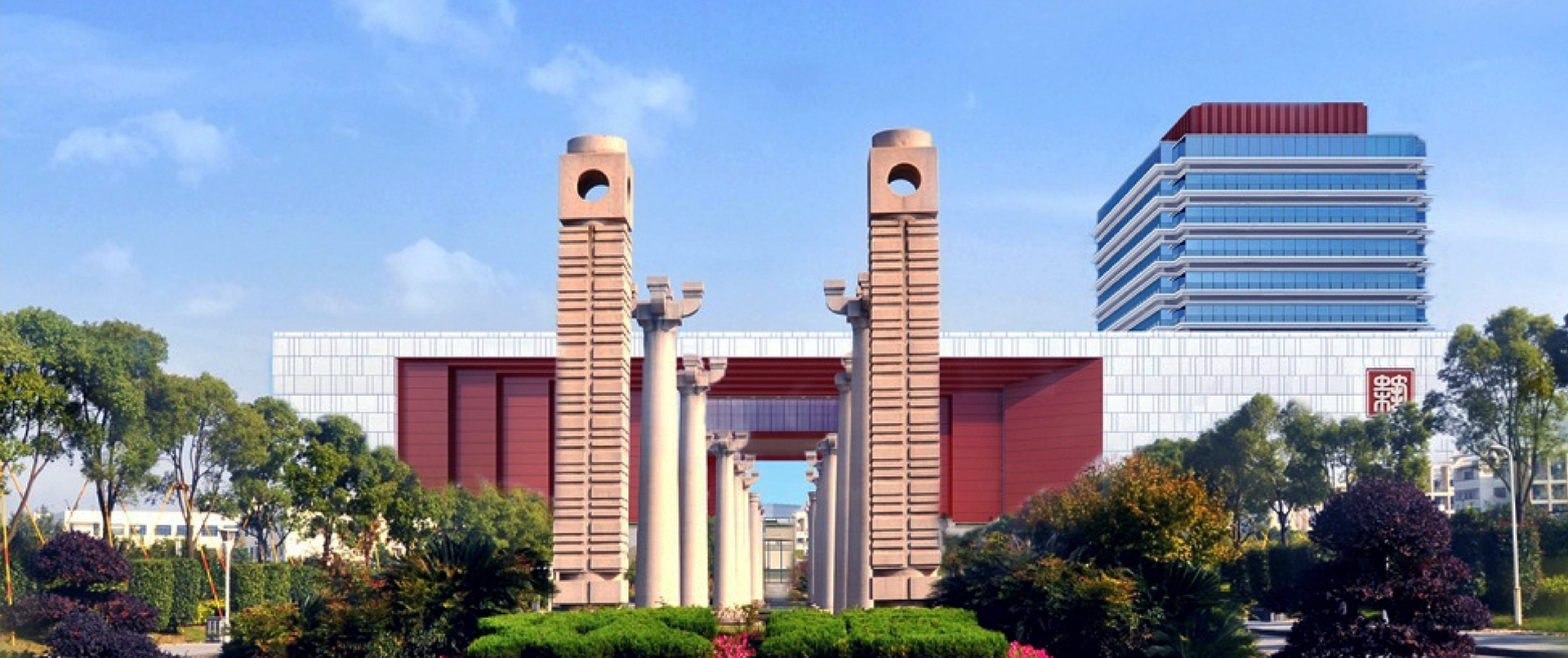

Zhejiang College of Construction is located in Hangzhou, China, on the bank of Qiantang River. It is the only full-time public construction vocational college in Zhejiang Province, formerly known as Zhejiang Construction Industry School, which was founded in 1958 and formally established in January 2002 with the approval of Zhejiang Provincial Government. The college has two campuses in Hangzhou Xiaoshan and Shaoxing Shangyu, covering a total area of more than 165 acre. There are more than 13,500 full-time vocational students, and 6 secondary schools, including Construction Engineering School, Engineering Management School, Construction Equipment School, Construction Art School(Bates Architectural Engineering Institute), Management and Information School, and Sergeant Education School. It offers 29 majors and 3 undergraduate majors.
Over the past 60 years, the college has been identified as a high-level vocational school construction unit with Chinese characteristics (specialty group A), a national high quality specialized higher vocational college, a national backbone higher vocational college and Zhejiang provincial model higher vocational college. It has delivered more than 70,000 talents of various types to the construction industry and local economic construction, boasting the base and cradle for talent training in the construction industry.
The college aligns with the development strategies of neighboring countries, adheres to the positioning of China's vocational education highland, vigorously promote exchanges and cooperation between China and other countries, actively promotes the output of vocational skills and vocational education culture, and provides talent training and vocational technical training for countries and regions along the Belt and Road. The college has established Zhejiang College of Construction Bates Architectural Engineering Institute with American Bates Technical College, conducted higher education joint project Construction Engineering Technology (International Construction) with Loyalist College of Applied Arts and Technology(Canada), and established the first Silk Road Institute in the Philippines with the help of the Batangas State University. What’s more, the college has signed agreements with the Don Bosco University in the Philippines, the Zhejiang Chamber of Commerce in the Philippines, and the International Cultural Communication Center Malaysia to jointly build the Construction Vocational Education Alliance. The college is also commissioned by Technical Education and Skills Development Authority of the Philippines to lead the development of vocational skills standards in the construction field. The college have signed strategic cooperation agreements with countries such as Malaysia, Thailand and Indonesia to solidify the common foundation for jointly building the Belt and Road Initiative. On the path of building a high-level vocational college, the college joins hands with multiple universities around the world to create new models and mechanisms for international cooperation in vocational education, to enhance its participation, influence, and output in world culture, and strive to form an international school-running pattern that is comprehensive and profound in nature, covers multiple fields and yields tangible results.